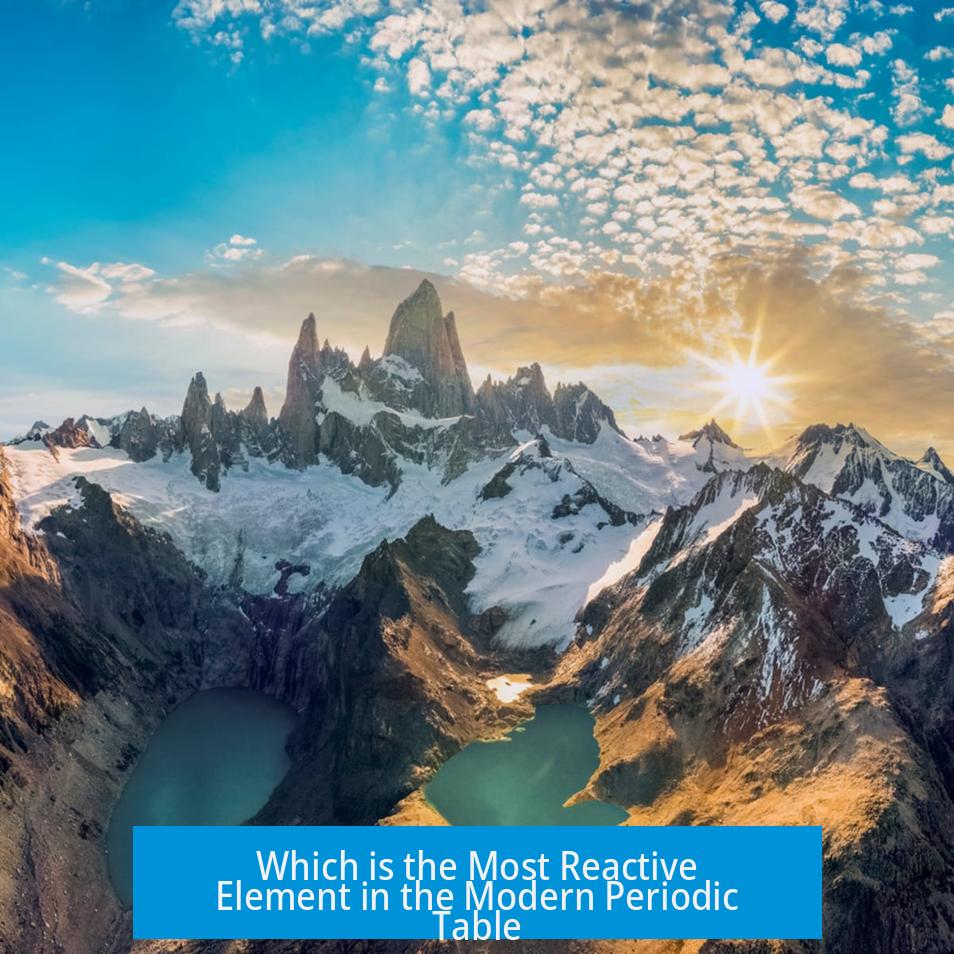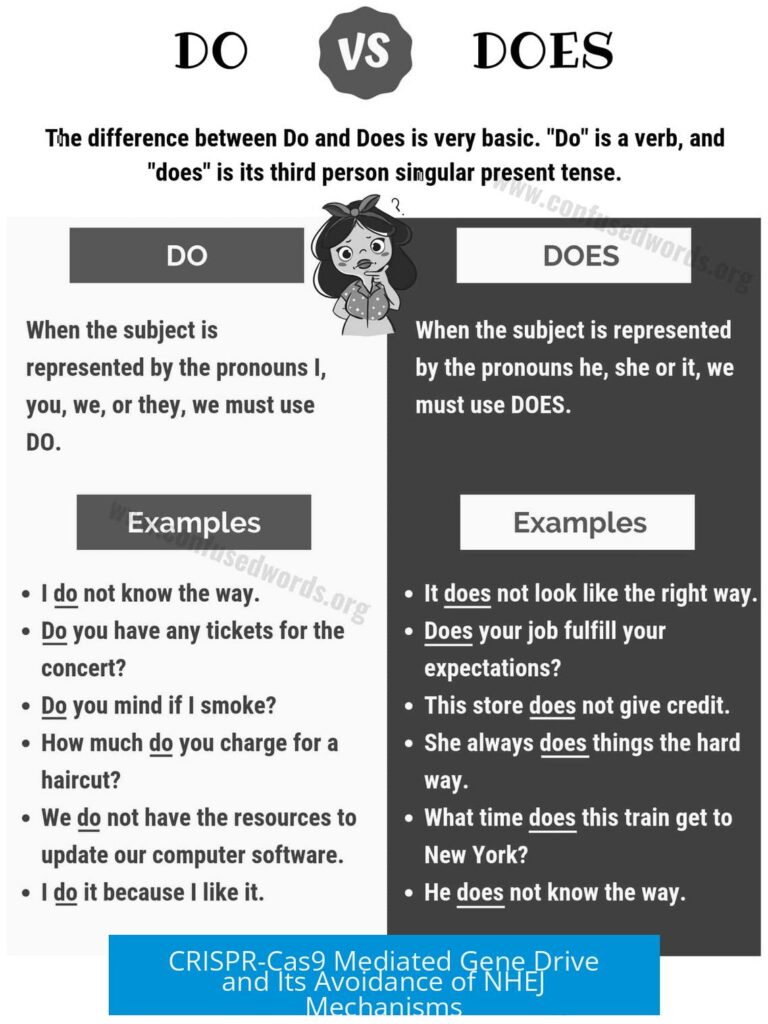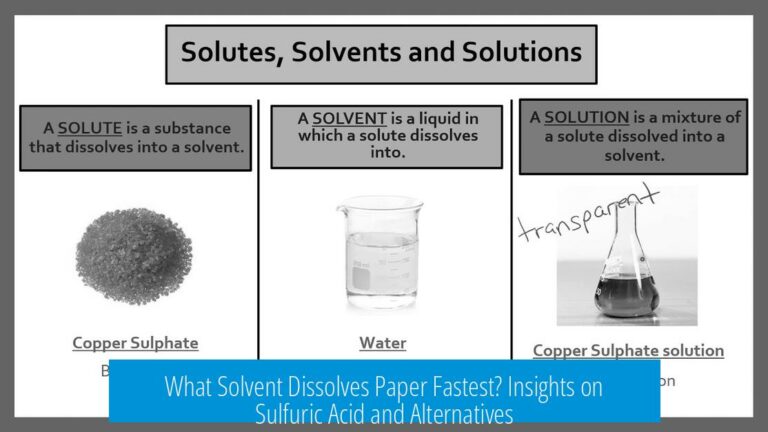Which is the Most Reactive Element in the Modern Periodic Table?

The most reactive element depends on whether it is a metal or non-metal: caesium is the most reactive metal, while fluorine is the most reactive non-metal in the modern periodic table. This distinction arises because of differing reactivity patterns based on elemental properties and reaction types.
Reactivity of Metals
Caesium stands out as the most reactive metal that can be readily observed. It reacts explosively with water and oxygen. This arises from its low ionization energy and high electropositivity.
Francium, a heavier alkali metal, is theoretically more reactive than caesium due to even lower ionization energy. However, francium is extremely rare and radioactive with half-lives of only minutes, so practical observation of its reactivity is impossible.
In certain environments, such as aqueous solution, lithium and sodium show prominent reactivity. Lithium tends to react more vigorously in water in some situations, though it is less overall reactive than caesium in standard conditions.
Reactivity of Non-metals
Fluorine holds the title as the most reactive non-metal. It is the strongest oxidizing agent known. This results from its very high electronegativity and small atomic radius, which enable it to attract electrons aggressively and form compounds quickly.
The reactivity difference between metals and non-metals is explained by electropositivity and electronegativity, respectively. Metals like caesium lose electrons readily; non-metals like fluorine gain electrons swiftly.
Additional Considerations
- Hydrogen isotopes, despite certain nuclear reactivities, do not exhibit greater chemical reactivity compared to these elements.
- Speculation exists about elements beyond francium being reactive, but no practical evidence currently supports this.
- Reactivity also depends on conditions and types of reactions (chemical vs. nuclear).
Summary of Key Points
- Most reactive metal: Caesium (practical), Francium (theoretical but unstable)
- Most reactive non-metal: Fluorine, strongest oxidizing agent
- Reactivity varies with physical state and environment (e.g., lithium and sodium in solution)
- Reactivity definitions differ: chemical reactivity vs. nuclear reactivity





Leave a Comment